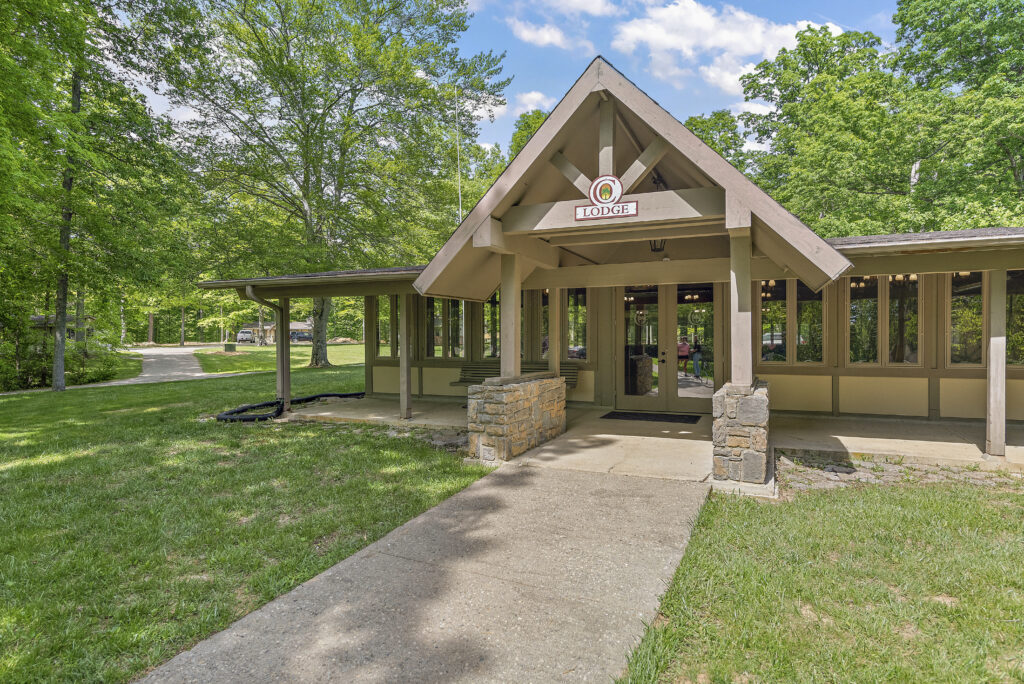5778 State Route 350 Oregonia, OH 45054
513-780-5201



That’s why as part of our various addiction treatment programs, including medication-assisted treatment, Cedar Oaks Wellness Center offers therapy programs to our clients. Taking a holistic approach to recovery means we don’t just focus on treating your addiction – we treat both the mind and body to contribute to your overall wellness. Evidence has shown that clients recovering from drug or alcohol treatment greatly benefit from therapy, which can lower the risk of relapse. Our team in Cincinnati recognizes that every person is different and has different needs, which is why on our 120-acre campus you can select the therapy options that work for you, from family therapy to group therapy and more. Our addiction professionals are ready to help you work towards the future that you deserve.

Many people associate addiction with physical symptoms like weight loss or weight gain, tremors, and slowed breathing, but the reality is that addiction to alcohol and drugs involves more than just physical dependence. Drugs create chemical changes in the brain and as a result, it takes time for the brain to get back to its “normal” functions when a person stops using. Long-term addiction leads to behavioral changes and increases the possibility of relapse, even when the person has gone through a treatment program. This is why addiction is categorized as a chronic disease.
Relapse prevention education is an important part of building a solid foundation for long-term, sustainable recovery.
Group therapy at Cedar Oaks Wellness offers our clients a safe & supportive environment to connect with peers.
We know that the family is an important part of recovery. We offer family therapy sessions as needed based on your individual needs.
Recreational therapy is a great way to reduce stress, build confidence, and have fun in sobriety. We offer a wide range of recreational therapies.
Nutrition & wellness are an important part of the recovery process. Learn more about how we approach physical health at Cedar Oaks.
If you are ready to take action, our caring admissions team is standing by 24 hours a day, 7 days a week ready to help.
When you stop using drugs but haven’t done the work to address the root of your addiction or develop healthier habits, it’s extremely likely that you will fall back into addiction. Therapy can help you look inward, repair broken relationships, and process any trauma you have that may have contributed to your addiction.
Additionally, many people have what is known as a dual diagnosis, which means they suffer from both addiction and a mental health disorder. According to the National Survey on Drug Use and Health (NSDUH), over 45 percent of Americans struggle with a dual diagnosis, and those who suffer from mental health addictions like depression or bipolar disorder are twice as likely to develop a substance use disorder. Therapy plays an essential role in treating people living with mental illness.

We use cognitive behavioral therapy, dialectical behavior therapy, and motivational interviewing to treat addiction today by helping people identify negative thoughts and access the painful memories that drive them to engage in self-destructive behaviors like drinking or using drugs. These therapies also work to show people how their behaviors aren’t rational, and provides them with healthier methods of coping.
Behavioral therapies also help clients:


Your recovery begins with a simple phone call. Call our team at 1-866-902-2994 – we can take care of the rest so you can concentrate on healing.
It can be extremely beneficial to be surrounded by other people who have been through the same experiences as you and can validate your feelings. In group therapy, you can feel supported and less alone in your recovery. According to the Substance Abuse and Mental Health Services Administration (SAMHSA), people with addictions are more likely to remain sober and committed to their recovery when they’re treated with others in groups.
Your family may be your biggest support system right now, and it’s important that they’re informed on addiction and your recovery process so they can learn how to better help you. Additionally, family therapy can begin the healing process for relationships that were damaged or broken during your addiction. Family members can learn healthy habits so they don’t enable addiction or other self-destructive behaviors.
At Cedar Oaks, we offer a wide range of recreational therapies: an equine experience, zip lining, bowling, painting, yoga, and more.
Sensory therapy utilizes talk therapy while engaging all of the senses. By utilizing our five senses—sight, smell, taste, touch, and hearing—we are able to form an understanding of our surroundings and respond appropriately.









Unsure which therapy is right for you? When you join us, we can ask you questions to learn more about your history and recovery goals, then make a recommendation. At our facility, your well-being comes first.

Just like every person is different, so to is everyone’s journey of recovery. At Cedar Oaks Wellness Center we realize this, and work with you to take the first step wherever you are on your journey.

©Copyright 2024 Cedar Oaks Wellness – Ohio Drug & Alcohol Rehab